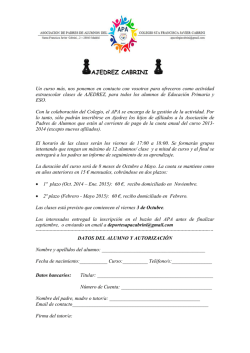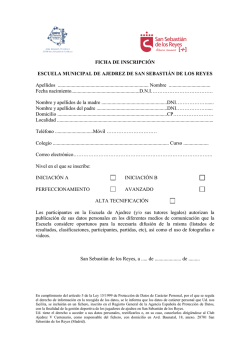
Virrey Chess
Una revolución es tanto más grande cuando es capaz de dinamizar la realidad sobre la que actúa introduciendo el mínimo de cambios normativos. En El Ajedrez del Virrey la única variación concierne al destino final de la pieza más débil de todas, el modesto peón. Es solo un pequeño cambio, que sin embargo lo altera todo. José A. Garzón (Chelva, 1963) A uthor and researcher in the field of Chess History. Thanks to his works, the result of more than twenty years of study, the Valencian origin of modern chess has become established in the international arena. His books have been very well received among experts, in particular his work En pos del incunable perdido (2001) and above all The Return of Francesch Vicent – The History of the Birth and Expansion of Modern Chess (2005, editions in Spanish and English). In collaboration with Josep Alió and Miquel Artigas he culminated in 2012 the Nuevo Ensayo de Bibliografía Española de Ajedrez (NEBEA), a long-awaited project, crucial for the history and bibliography of Spanish chess. In 2011 he was awarded the Special Prize of the Valencian Chess Federation and in 2012 the City of Valencia Amorós Prize to Sporting Merit for his important discoveries on the birth of modern chess in Valencia in the late 15th century. El Ajedrez del Virrey, impregnado del mismo espíritu renovador que sobrevoló el tablero en el último cuarto del siglo XV, nos trae, de forma respetuosa, nuevos horizontes para el ajedrez. V chess. irrey Chess represents a fresh new look into the future of chess. It proposes a reform of its rules, historically founded, with which the author advocates the search for creative challenges, always in pursuit of the artistic side of Francesch Vicent, José Raúl Capablanca and Bobby Fischer, three outstanding figures in the History of Chess, shared the urge to modify the age-old game. Plunging into the 21st century, right in the middle of the technological era of chess, the time has come for imagination, pure creativity and fantasy to return to the chessboard. A revolution is so much the greater when it is capable of invigorating the reality upon which it acts, introducing as few new rules as possible. In Virrey Chess the only variation pertains to the ultimate fate of the weakest of all the pieces, the humble pawn. It is but a small change, that nevertheless changes everything. Virrey Chess, pervaded by the same renewing spirit that passed over the chessboard in the last quarter of the 15th century, brings us, with all due respect, new horizons for chess. www.elajedrezdelvirrey.com • email: [email protected] José A. Garzón Virrey Chess Francesch Vicent, José Raúl Capablanca y Bobby Fischer, tres figuras señeras de la Historia del ajedrez, compartieron la necesidad de modificar el milenario juego. Inmersos en el siglo XXI, en plena era tecnológica del ajedrez, el momento en el que la imaginación, la nuda creatividad y la fantasía vuelvan al tablero, ha llegado. El Ajedrez del Virrey Virrey Chess Bilingual edition José A. Garzón (Chelva, 1963) El Ajedrez del Virrey E l Ajedrez del Virrey supone una mirada novada hacia el futuro del ajedrez. Es una propuesta de reforma de sus reglas, con fundamentos históricos, con la que el autor propugna la búsqueda de retos creativos, en procura de la vertiente artística del ajedrez. E s autor e investigador en el campo de la Historia del Ajedrez. Sus trabajos, fruto de más de veinte años de investigación, han permitido acreditar, en el ámbito internacional, el origen valenciano del ajedrez moderno. José A. Garzón Sus libros han tenido una extraordinaria acogida entre los expertos, especialmente sus obras: En pos del incunable perdido (2001) y, sobre todo, El regreso de Francesch Vicent. La Historia del nacimiento y la expansión del ajedrez moderno (2005, ediciones en español e inglés). En colaboración con Josep Alió y Miquel Artigas, culminó, en 2012, el Nuevo Ensayo de Bibliografía Española de Ajedrez (NEBEA), un proyecto largamente ansiado, capital para la Historia y la Bibliografía del ajedrez español. En 2011 fue galardonado con el Premio Especial de la Federación de Ajedrez de la Comunidad Valenciana, y en 2012 con el Premio Amorós al Mérito Deportivo Ciudad de Valencia, por sus importantes descubrimientos sobre el nacimiento del ajedrez moderno en Valencia, a finales del siglo XV.
© Copyright 2026

